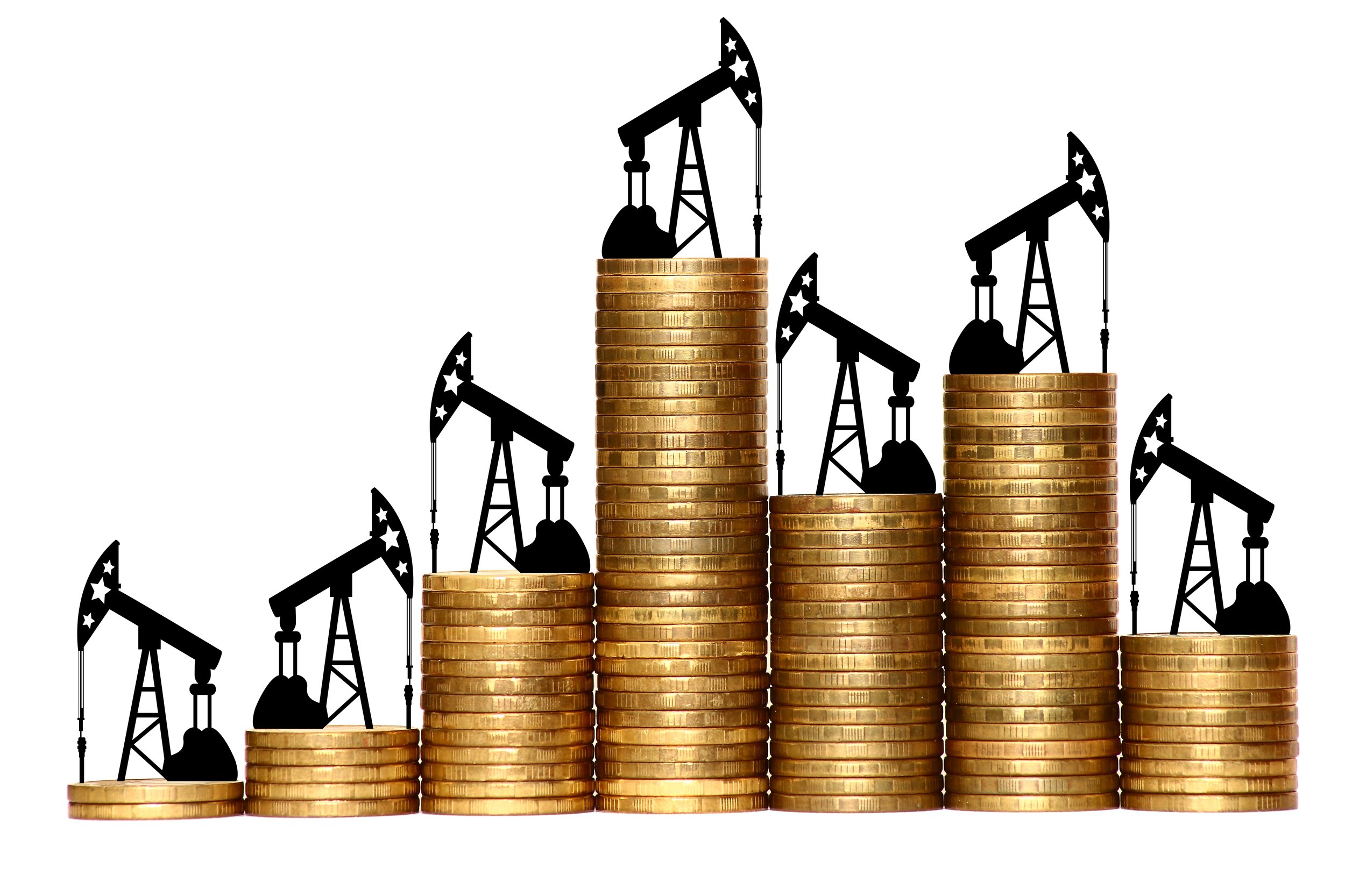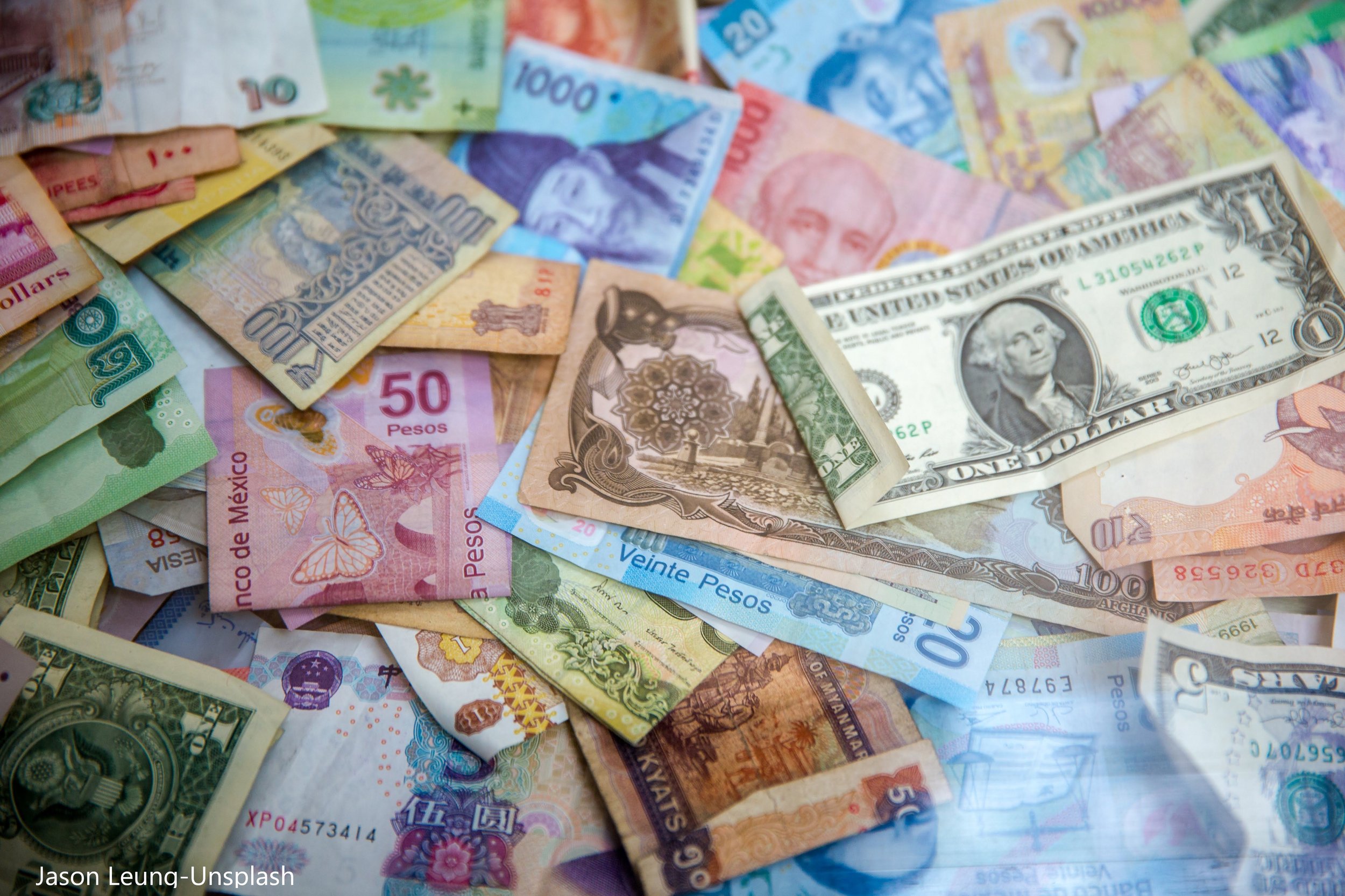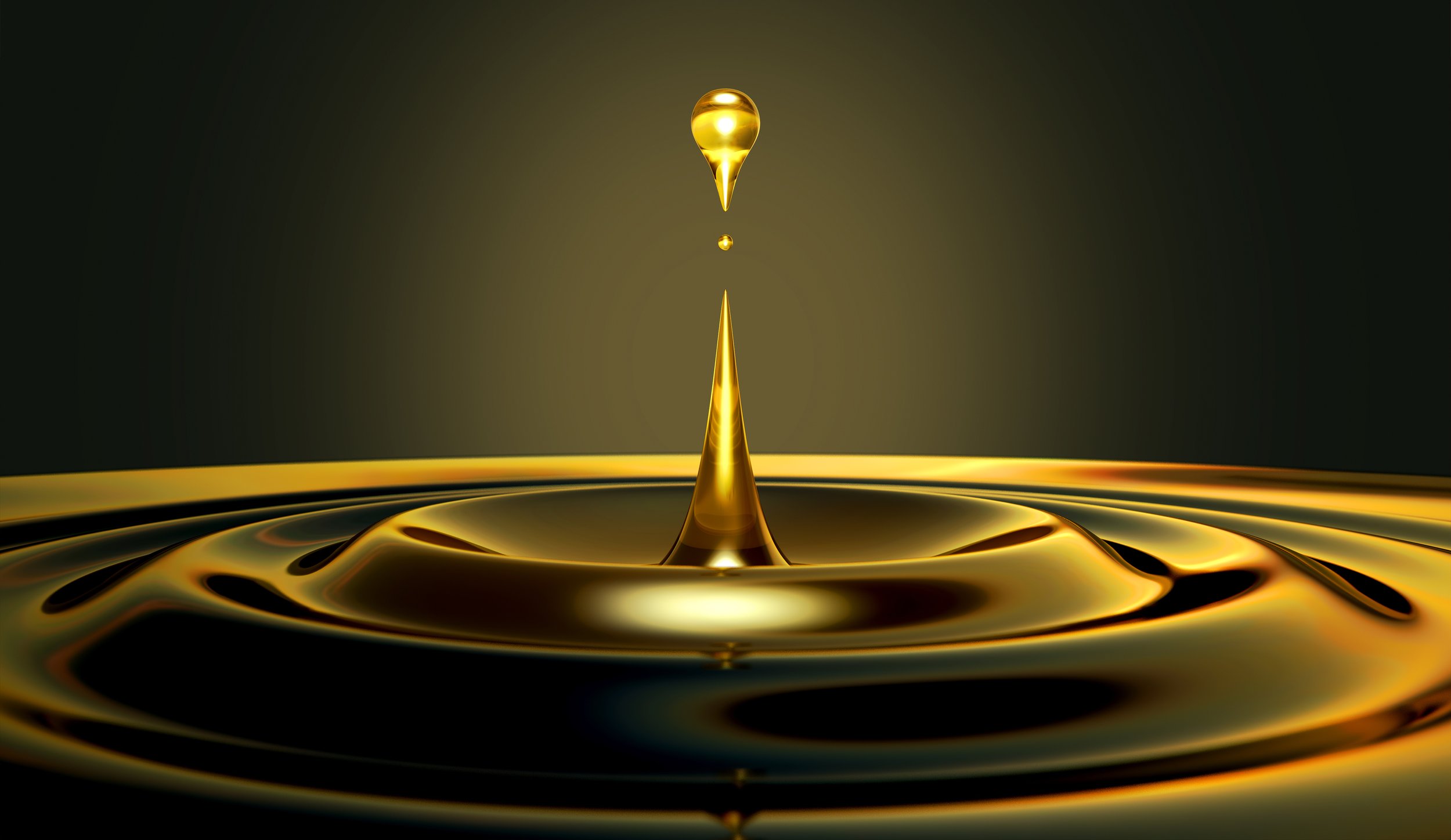Arabia, Oil, and the Fulfilment of a Prophesy Part 2
With numerous researches conducted on the social, economic, and political upheaval caused by the oil boom in the past few decades, I discovered that little was stated about its impact on the moral and spiritual state of the Peninsula. This was understandable considering that the esoterica of the human heart is the expertise of prophets only. They come to purify hearts and remove the spiritual obstructions that prevent against submission to Allah, things like love for the world and wealth and the self.
Once, Abu Ubayda (may Allah be pleased with him) returned with a collection of jizya from Bahrain. Some of the poor Sahaba (ra) from surrounding areas found out, and the masjid was full the next morning at Fajr. The Prophet (upon him blessings and peace) looked around, smiled, and then said, “I see that you have learned that Abu Ubayda has come with something.”
“Yes, O Prophet of Allah,” they replied.
He said, “Receive glad tidings and hold your hopes in that which will make you happy. I swear by Allah, I do not fear your being poverty-stricken, but that the material world will be expanded for you as it was for the people before you. Then, you will compete with each other as they did and it will destroy you as it did them” (Bukhari, 5/84).
Destruction in this hadith refers to decadence of the heart. The more prosperous one becomes, the more their false sense of autonomy increases, and arrogance and vanity takes root in the heart. When wealth increases, it creates a delusion of immortality even while one is fully aware of their inching closer to death. As Allah says, “Who accumulates wealth and counts it. He thinks that his wealth will make him immortal” (104:2-3).
It is a universal truth no Muslim or non-Muslim can deny: wealth cannot prevent death. So, what the ayah actually means is that wealth will immerse one in the dunya so much that they will be as unmindful of death as if they never knew they would die one day.
Hadith of Jibril
The hadith of Jibril is a famous hadith that is recorded in all the major hadith books including Bukhari and Muslim. It is called “The essence of all the prophetic hadith” by Imam Qurtubi [1] and “The fundamental of Islam” by Imam Nawawi [2] and is considered the most comprehensive hadith on Islam.
It encapsulates the creed, practice, spiritual dimension of the life of a believer and his/her future with two major prophesies that provide a framework to understand the condition of Muslims in the Last Days. The fact that Jibril was sent to teach these essentials impresses the importance of this hadith and why many of our predecessors emphasized that every believing man and woman must put it to memory.
One of the inquiries Jibril (upon him blessings) made in the hadith was about the coming of the Hour. The Prophet (upon him blessings and peace) replied that he did not know. Jibril (upon him blessings) then asked him to enumerate signs by which all can recognize the nearness of the Day of Judgment. The Prophet of Allah (upon him blessings and peace) then cited two prophesies. We will mention only the first one here to avoid digression from the topic of this article.
The Prophet (upon him blessings and peace) said, “When the barefooted, bare-bodied goat-herders start competing with each other in building skyscrapers.”
The hadith of Bukhari narrates “camel- herders” instead of goat-herders, but it is all the same since camels and goats were the life and soul of the preindustrial Arab culture. When they fought and raided, the feuds were over pasturage, grassy lands, and the oases that fed their stock since “there were two main types of animal husbandry among the Arab nomads; camel-breeding and sheep- or goat-breeding.”[3]
As another author puts it, “Since time immemorial the struggle for existence in Arabia has centered round water and pasturage. These struggles destroyed the sense of national unity, and developed an incurable particularism; each tribe deeming itself self-sufficient, and regarding the rest as its legitimate victims for murder, robbery and plunder.” [4]
Oil and the transition from ancient to modern
This collective and rapid transition of a medieval nation from poverty to palaces and from ancient nomadic to an urban, sedentary life as the hadith alludes to is an outcome of the black gold that lay deep underneath the sands of Arabia for thousands of years. Unbeknownst to the Sahaba and the millions of believers transmitting this hadith for over 1400 years, the fulfilment of the prophetic words lay concealed under the very plains of sand they and many others have traversed for centuries past.
But this part of the explanation only skims the surface of the fulfilment of this prophesy.
The Prophet (upon him blessings and peace) did not make regional prophesies. The majority of fulfiled prophesies are rarely localized since the purpose of prophesy is to warn the world about the coming of the Hour. How could the world know the particulars of every culture or region to identify when a prophesy is fulfiled and realize the coming of the Hour? Most prophesies, in fact, are modern phenomena, that can be readily witnessed and/or verified by the common man from around the world. The prevalence of music in our times, for example, is a modern phenomenon and a famous prophesy.
Here, too, the prophesy is not about the transformation of a desert-ridden people but the windfall that brought them from obscurity to notoriety, as one author writes about MBS, the current crown prince, that he
“…is known for his lavish spending. He has bought a $500 million yacht, a $300 million French chateau, and a $450 million Leonardo da Vinci painting.”5 All this with petrodollars. Not hard-earned money.
Oil is the windfall that transformed the socio-political landscape in the Peninsula, but more than that, it has engineered the very modern world we live in today.
Charles Hall writes, “The modern world runs on oil and money. Money has no intrinsic value, but it grants access to oil and the energy intense products derived from oil—that is, a large part of the goods and services of the modern society. oil and money are linked as cheap energy—mainly oil based—has fueled the economic prosperity of the past century. An appropriate term for the geological and the economic time in which we live in is the oleocene—the age of oil. Although some have said that we live in an information age or a postindustrial age it is clear that our life is based fundamentally on hydrocarbons. 6”
Oil-based items are in everyday use in and around the house
Without oil, we would be forced to make fundamental changes in our life. All imported commodities, which is 70 % the items found on our store shelves, are available to us because of oil. To get to that store, we use oil. The car we drive to get to that store is also manufactured in a factory that runs on oil and many of the car parts themselves are synthetic material made from oil.
Look around you right now. What do you see? Plastic, vinyl, rubber, paint and polish? The carpet, your 20% polyester shirt, pants, and sweater? The sofa cushions you are sitting on, the vinyl flooring in your kitchen, the privacy-enhancing blinds and curtains , your cellphone and laptop, and the tube of toothpaste?
What else?
Bottles of vitamin, detergent, Tylenol, the recessed lights, the light bulb, the road you drive on, the sidewalk you walk on, the construction material that made your home, and all the big and small appliances and gadgetry that simplify your life? According to one estimate, there are over 6000 other items that we see, use daily, and cannot live without to function a modern, comfortable lifestyle. Click here and download a partial list of 6000 daily items made from oil.
Let us not forget that since oil controls the global economy, it also harnesses the power to shape our foreign policy and effect our national security, as it has and is proven through the numerous discussions and books written on the symbiosis between the global economy and oil. It has also unfortunately fueled many of the wars of the 21st century. Lita Epstein writes,
“In the 21st century, oil remains the most important commodity in the world. Without oil, industrial and technological society as we know it would not exist. Unfortunately, t is also responsible for death, war, political turmoil, and environmental damage.”8
She goes on to say, “Despite advances in computer and other “high” technology, oil remains the spine of modern life. Petroleum products power jets, cars, ships, and trucks, and are used to manufacture everything from furniture and telephones to computers and highways.
Oil drives the modern industrial economy and will continue to do so for the foreseeable future, so exploring for oil, pumping oil, transporting oil, and using oil, form the basis of many international political arrangements.”9
If oil runs out as peak oil experts have already forecasted, the modern era will become the post-oil era and its effects will be, to say the least, catastrophic. No one can say for sure if we will be thrown 150 years back into the preindustrial era, but either way, mankind will suffer a global economic meltdown, which illustrates how existentially fragile we and our economies are.
We are and always will be dependent on the Creator. When He pulls the plug, we will know who runs the show and who is in control.
In summary, going back to the goat-herder prophesy, the hadith predicts the unexpected transformation in the Arabian Peninsula that quickly upended the ancient Arab way of life, but even more so, is an insightful reference to the evolution of the modern, industrial world, and its fragile nature.
Fat-h al-Bari, 1/125
Sharah al-Nawawi of Muslim, 1/160
Vassiliev, Alexel. (2000). The History of Saudi Arabia, (p. 25)
Hell, Joseph. (1926), The Arab Civilization, (p. 10)
24Warren, K. (2020, March 09). https:// www.businessinsider.com/mohammedbin-salman-saudi-prince-net-worth-yachtprivate-jet-lifestyle-2019-5?op=1
Hall, C. A., & Ramírez-Pascualli, C. A. (2013). The first half of the age of oil an exploration of the work of Colin Campbell and Jean Laherrere (p. 6).
https://whgbetc.com/petro-products.pdf
Epstein, L., Jaco, C., & Iwersen-Niemann, J. (n.d.). The Complete Idiot’s Guide to The Politics of Oil. (p. 28)
ibid. (p. 28)




